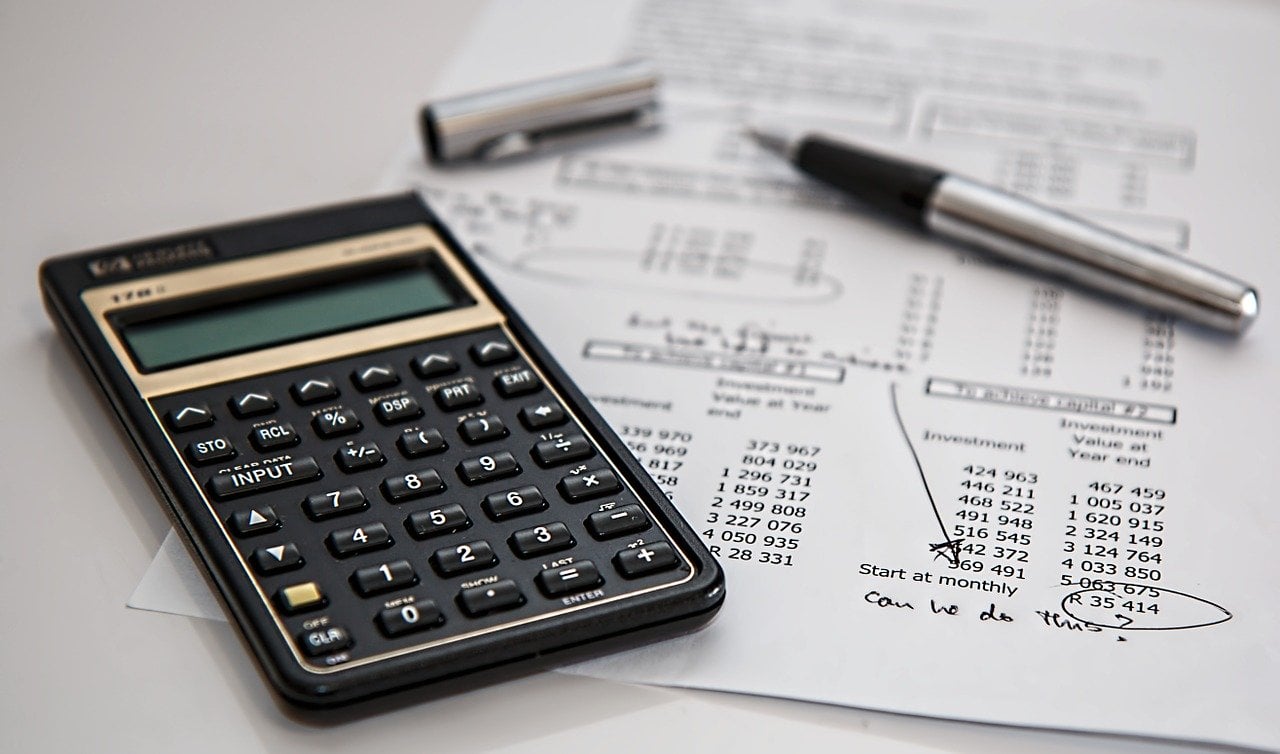When you are self-employed, tracking business deductions for your taxes becomes essential. Not only will it help you save money, but it will also give you a better sense of your expenses every year. You have probably heard of a home office deduction for the self-employed before, but there are other lesser known deductions you should consider.
Table of Contents
Phone, Internet and Fax Expenses
Even if you decide not to use the home office deduction, or you do not qualify for it, you may be able to deduct the cost of using a phone, internet or fax for your business. It is important to note that you can only list the portion that you use for business, so you cannot include personal use of these services.
In general, this means that you cannot deduct the whole cost of your phone if you use it to take personal calls and speak with family or friends. However, you may be able to deduct a phone used exclusively for business, such as a separate line. This applies to both landline and cell phones.
Car Expenses
Most people do not realize that they can deduct the cost of their car insurance if they use the vehicle for business purposes. This does not apply to simply driving your car to work. You must use your car for your business in some way.
You will have to track the dates, mileage and purposes for each business use of the car. You will also need to keep receipts for car insurance and other expenses. As a self-employed individual, you have the option of choosing either the standard mileage rate or actual expenses for the car. The standard mileage rate is a simple calculation that gives you a certain amount per mile. Currently, the rate is 58 cents per mile. The actual expenses option means you must track every dime you spent on the car.
Office Supplies
Do you purchase office supplies to use for your business? If you are self-employed, these expenses can range from printer paper to staples. You must keep all receipts and show that the items you purchased were for your business. You can download free templates online to help you with this step.
Although the type of office supplies you need will vary based on the work you do, most businesses need to track these types of costs. If you are having a hard time remembering what you use, start taking a note of it as you use it. Consider the items you typically buy to write in a home office: paper, pens, pencils, notebooks, sticky notes, markers and highlighters. Then, think about printer costs such as ink and paper. You may also have other office supplies you use, such as envelopes, tape and packing peanuts.
Subscription Costs
Do you subscribe to trade magazines for your business? It is one example of a subscription that may be tax deductible. Magazines, books or journals that you get exclusively for your business count. Professional organizations and networking groups that have subscription or membership fees also count.
Make sure these groups and publications are truly for your business and not personal use. You have to keep receipts, and it may also be a good idea to track any meetings you attend to prove that this is a business expense.
Travel Expenses
If your business requires you to travel, it may be deductible. Often, companies reimburse employees for travel. However, since you are self-employed, you have to cover the costs on your own. Fortunately, you may be able to save on your taxes. Consider using an expense report template to make calculations easier. Travel costs may include tickets, hotels, meals, taxis or rideshares and conference fees.
To qualify for a deduction, your travel must be longer than a typical workday. This means a quick trip to the other side of town for a meeting may not be enough. You have to travel outside of your business home. For trips that have both personal and business elements, you must figure out how to calculate and prove the business parts. Again, keep all receipts and detailed records.
There are many other expenses you may be able to deduct, so this is not the full list. Keep in mind that you are looking for ordinary and legitimate business expenses that are normal for your business. So outlandish or extravagant costs may not qualify and may actually raise suspicion.
Self-employed individuals have to be aware of their business deductions before doing their taxes. It is always a good idea to consult with a tax professional and get advice before figuring out deductions. A professional can help you determine the deductions you qualify for and how to track them. Remember that the tax code is complex, so having guidance is essential.










